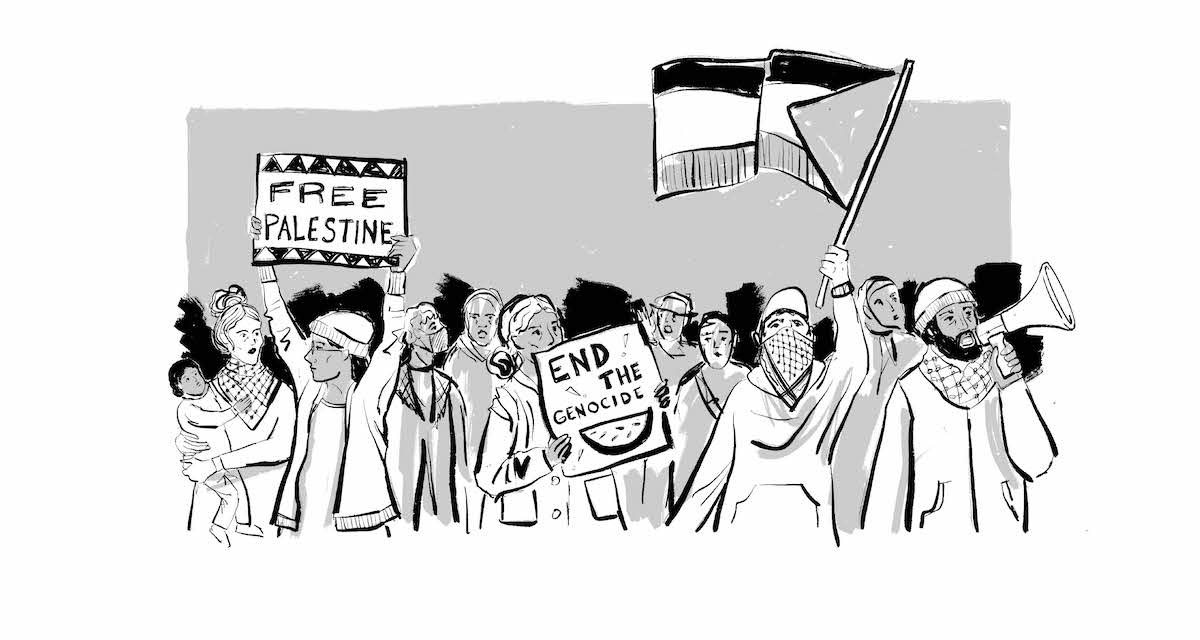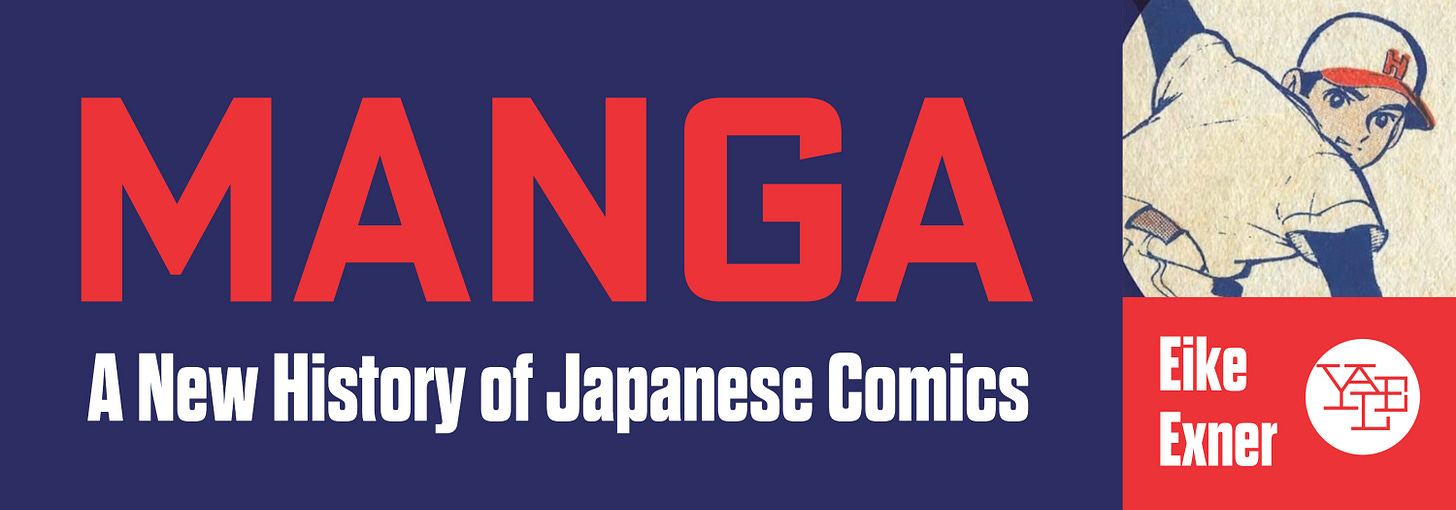Democratic participation and governmental accountability
Rhiannon Hamam on the real meaning of the First Amendment
On July 2, the British parliament voted to proscribe the protest group Palestine Action as a terrorist organization. Belonging to the group or supporting its actions is now a criminal offense in the UK, punishable by up to 14 years of incarceration. This weekend, police in London arrested 466 protestors for the crime of supporting the group at a demonstration in Parliament Square (alongside eight others arrested on other grounds). The government’s crackdown on Palestine Action “conflates protected expression and other conduct with acts of terrorism,” UN Human Rights Chief Volker Türk warned, “and so could readily lead to further chilling effect on the lawful exercise of these rights by many people.”
On its face, the First Amendment would seem to make it difficult for the U.S. to follow Britain’s lead in formally criminalizing criticism of Israel’s genocide in Gaza. But that hasn’t stopped the Trump administration from trying, wielding the immigration system to persecute dissidents like Mahmoud Khalil and Rümeysa Öztürk. In Issue Fifteen of The Drift, the Palestinian American attorney and organizer Rhiannon Hamam investigates the history of the desiccated understanding of free speech that is undermining the force of the First Amendment today. Over the course of the twentieth century, she shows, Americans came to understand confrontational political activity as a challenging limit case to the Amendment, instead of the core of what it was meant to protect.
Read the full Dispatch online today.
Collective Political Activity | Reclaiming the First Amendment
RHIANNON HAMAM
The First Amendment guarantees the ability to participate in politics; it is intended to secure a direct channel of communication to the government.





